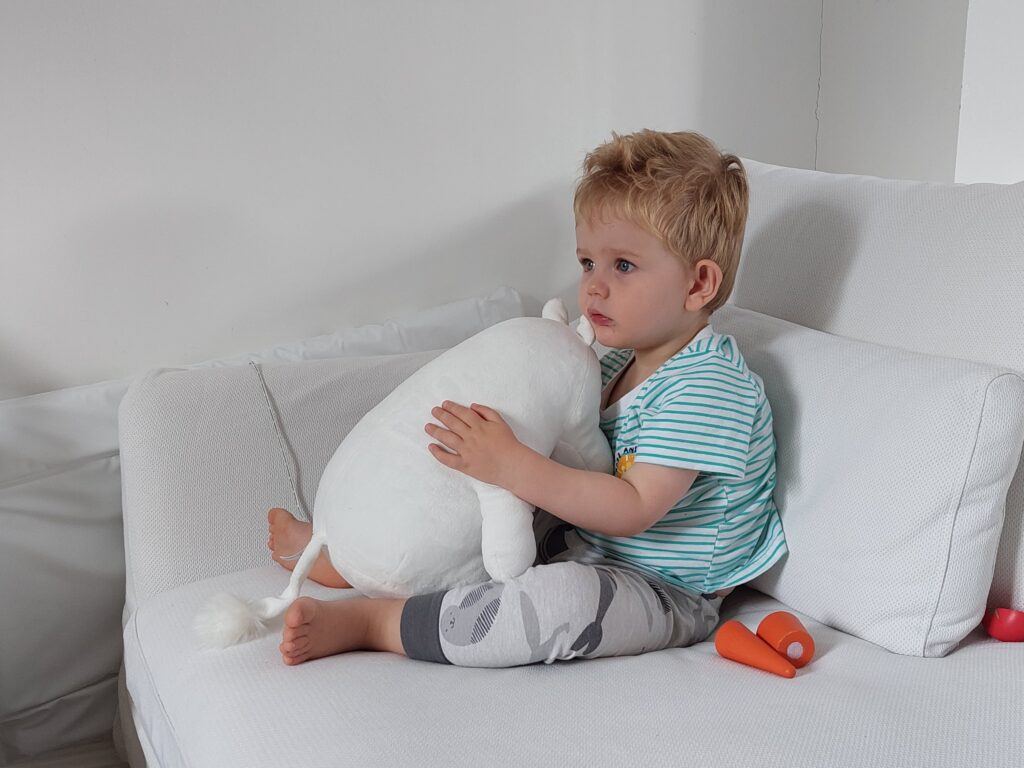There is absolutely nothing coming up for sale in the property market that ticks our boxes, which are:
- Close enough to a school that we like (ref my performance data exercise)
- Close enough to a station that is connected to London Bridge
- Within our budget
- At least three bedrooms
- At least the same square meters as our current house
- Garden
- Doesn’t need modernisation / huge improvement works
I get email digests from some of the property websites and the most common criteria where houses fail me (I’m beginning to take it all a bit personally) are the first and second one. Real estate agents keep telling me about Ofsted-rated schools in the vicinity and they are mystified when I explain that those aren’t the ones we like. For reasons unknown, most parents put more weight on the Ofsted inspections, which to me seem very opaque, political and indeed, often unfair, as the current crisis points to.
I’ve even gone through the ads in reverse order of posting date to find the really old ones that aren’t shifting, even though reason tells me there aren’t going to be any hidden gems in there. At this time last year, houses were popping up like mushrooms in the rain, as the Finns say, and rate-happy first-time buyers mortgaged up to their eyeballs were ringing in offers from their cars on the way to the viewing. Now apparently cash-only buyers (who are they?) sit on the sidelines, waiting for the desperados try and fail to raise mortgages before sliding in offers that can’t be refused.

Last week was a good one for human interaction. On top of my customary three days in the office, I also had two meetings in meatspace with work connections – one with an interesting data provider that we might either use ourselves for research or get to know so we can pass them on to clients who are looking for data providers, and one with a trading software vendor we know of old and want to stay informed about.
Afterwards my head was full of thoughts about post-pandemic shrivelling-up of social skills. I was a lock-down sceptic, but it didn’t occur to me to worry about this. There’s an entropy that apparently starts to occur when we don’t interact with each other in real life. When you put a device in between two people, they don’t have to try so hard – it’s easy to divide your attention between the person you’re talking to and whatever else is going on in your surroundings, laptop, phone, etc, and if you turn your camera off, you don’t have to look any particular way.
After a while (say, two years) you start to prefer what is easy, which is natural enough. But what at least I’ve failed to notice is that there’s a cost – defaulting to the comfortable puts us out of the practice and the habit of making an effort for other people, sitting up, paying attention, projecting our voice and all of those other subtle but important skills you need to spend time in the same room.
The level of stimulation – physical (elevated adrenaline, heart rate, etc) as well as mental (food for thought, ideas) – I felt after the in-person meetings last week was a startling reminder of how the body and brain are optimised for connecting in person. I suppose I’m now a bit worried about how far the entropy can take us as a society if we let our physical preparedness to meet people lapse. I think about the kids as well – the cohort of people who missed out on uni and college in person during the pandemic. That’s when you’re supposed to learn about having a physical manifestation and what to do with other people’s physical manifestations.
Finally, I’m loving the weather. My favourite kind of summer weather is when it’s sunny but cool. I like to wear shorts and a jumper, it makes me feel cosy.

Be First to Comment